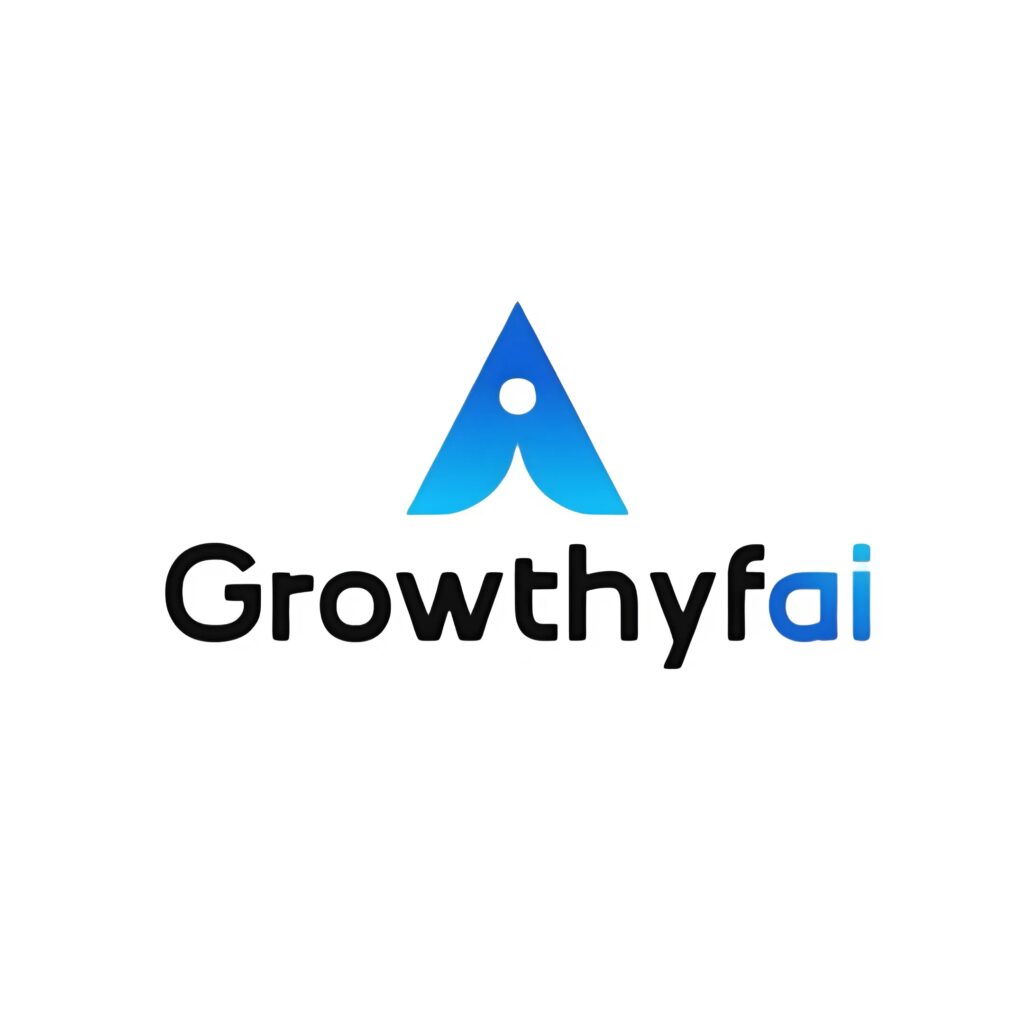Harnessing AI to Navigate the Complex Ethics of Digital Decision-Making


In today’s rapidly advancing technological world, artificial intelligence (AI) stands as a powerful tool with immense potential. Its capacity to analyze vast datasets and make autonomous decisions has revolutionized a myriad of industries, from healthcare to finance. However, with great power comes great responsibility. As AI assumes a central role in digital decision-making, it also introduces complex ethical questions that societies must address. This exploration delves into how AI is reshaping digital decision-making and the ethical considerations that accompany this transformation.
The Rise of AI in Digital Decision-Making
AI’s integration into digital lifestyles has been marked by its application in decision-making processes that influence our daily activities. From personalized online shopping experiences to dynamic content recommendations on streaming platforms, AI-driven algorithms quietly govern much of our digital interactions.
One notable example of AI in decision-making is in the realm of customer service. Companies leverage AI-powered chatbots to handle customer inquiries, providing immediate and precise responses. In doing so, they significantly enhance the user experience, yet simultaneously raise ethical questions about privacy and data security. Customers frequently wonder: How is my data being used? Is my privacy protected?
AI’s ability to make decisions independently raises crucial ethical and moral dilemmas. These challenges become especially apparent when AI systems are used in more sensitive sectors like healthcare, where decisions can have life-altering consequences. AI-assisted diagnostic tools hold promise in identifying illnesses more accurately than human doctors in some cases. Yet, they also position society at a crossroads where questions about accountability and transparency need to be answered.
Ethical Dilemmas in AI-Driven Decision Making
AI’s potential to make unbiased, data-driven decisions is often seen as an advantage, eliminating human error and prejudice. However, this potential unbiased nature doesn’t inherently solve ethical dilemmas; rather, it introduces new ones.
A primary ethical concern is bias. AI systems are only as smart as the data they are trained on. If that data contains any biases, conscious or unconscious, it can result in AI perpetuating, or even exacerbating, these biases. For instance, facial recognition technologies have faced criticism for high error rates in identifying people of color, illustrating the risks when biased data informs decision-making processes.
Another ethical consideration is transparency. AI decisions may be opaque, leaving users unaware of how a particular decision was arrived at. This “black box” problem makes it difficult to hold AI accountable, prompting discomfort and distrust amongst users and stakeholders. Imagine a scenario where an AI system denies a loan application; without transparency, applicants can neither challenge the decision nor aid in the improvement of the algorithm.
Moreover, as AI systems continue to evolve, concerns surrounding job displacement persist. AI’s ability to perform repetitive tasks more efficiently than humans threatens employment in various sectors, emphasizing the need for ethical frameworks to mitigate potential socio-economic disparities.

Navigating Ethical Challenges with AI
While ethical dilemmas pose significant challenges, they are not without solutions. Navigating these complexities requires a multifaceted approach involving policy-making, technological design, and ethical education.
Organizations developing AI systems should prioritize ethical considerations in their design and implementation phases. Designing algorithms with fairness, accountability, and transparency (FAT) in mind can help alleviate some ethical concerns. For instance, implementing rigorous testing procedures to identify and eliminate biases in algorithm development could curtail the perpetuation of existing societal biases.
Policy-making also plays a crucial role in guiding ethical AI practices. Governments and regulatory bodies must work collaboratively with technology developers to establish guidelines that prioritize ethical standards. The EU’s General Data Protection Regulation (GDPR) serves as an exemplary model. It emphasizes data protection and privacy, empowering individuals with information rights and control over their personal data processed by AI systems.
Education and awareness are vital in ensuring ethical AI deployment. By cultivating a deeper understanding of AI’s ethical implications among developers, policymakers, and the public, societies can better influence AI’s trajectory. Training programs, workshops, and interdisciplinary collaborations can empower individuals to critically evaluate and address ethical challenges in AI systems.
Case Study: Balancing AI’s Benefits and Drawbacks
Consider a practical application of AI in law enforcement. Predictive policing systems utilize AI to forecast criminal activity and allocate resources effectively. While such systems have the potential to enhance public safety, they are also fraught with ethical concerns. Relying heavily on past crime data, these algorithms often reflect historical biases, putting minority communities at disproportionate risk of profiling and discrimination.
Efforts are being made to address these ethical quandaries. For example, working groups composed of legal experts, data scientists, ethicists, and community leaders strive to ensure that AI-driven policing practices are ethical, fair, and transparent.
Collaborative approaches like this can serve as blueprints for ethical AI deployment across other sectors, demonstrating how balancing innovation with ethical integrity can lead to positive societal outcomes.
Conclusion: Ethical AI for a Responsible Digital Future
The increasing reliance on AI in digital decision-making necessitates a diligent focus on the ethics of these processes. While AI offers transformative potential for enhancing digital lifestyles, it concurrently calls for a reevaluation of how decisions are made and the values embedded within those decisions. By harnessing AI ethically, integrating policy oversight, and fostering education, societies can navigate the complexities of digital decision-making responsibly.
As we continue to integrate AI into the fabric of daily life, individuals and organizations must remain vigilant guardians of ethical considerations. Through continued inquiry, collaborative approaches, and a relentless focus on fairness and transparency, we can steer AI towards a future where its benefits are shared equitably, promoting a digital landscape that is both innovative and ethically sound.









